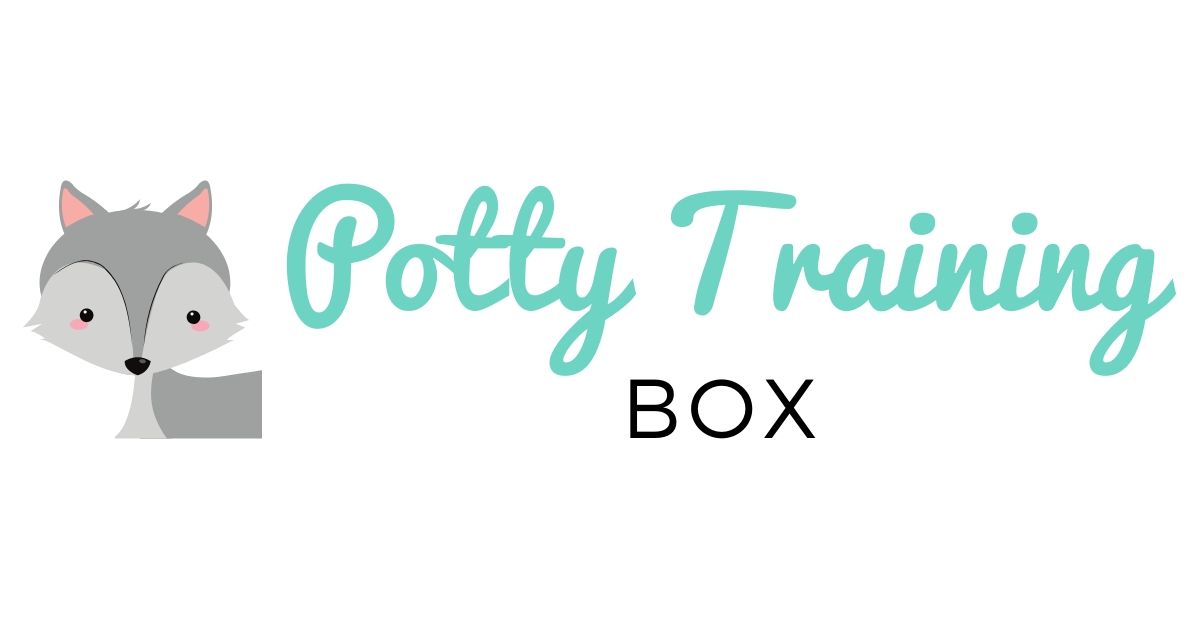Started potty training too early? – “What if we’ve started started potty training too early?” This question often reaches us on the Support Group or through socials. Potty training is a significant and exciting milestone in the lives of young children and parents. It’s also a period during which parents frequently encounter questions and doubts, leading them to wonder if their child is genuinely ready. Quitting seems easier when it appears there are only accidents happening.
It’s entirely normal
It’s entirely normal for parents to question the right time or that they begin potty training too early. Sometimes, parents are eager to start while their child isn’t ready, or the child might be ready, but the signals aren’t apparent to the parents. If parents begin potty training too early, they may encounter resistance and frustration, slowing down the process and creating negative associations with potty training. Here are some signals parents can watch for to determine if they’ve started with potty training too early:
Signals indicating you may have started potty training too early
- Lack of interest: If the child doesn’t seem interested in the toilet or potty, it might indicate they started with potty training too early. You can wait for a couple of weeks until your child shows more interest in the potty.
- Insufficient communication skills: The child should be able to understand and communicate when they need to use the potty or toilet. If the child doesn’t speak well or can’t give clear signals, it might be too early to begin with potty training.
- Frequent wet or dirty diapers: If the child regularly wets their diaper or has bowel movements, it may indicate that bladder and bowel control are not fully developed yet.
- Resistance and stress: If the child gets upset or anxious at the thought of potty training, they might not ready for potty.
- Lack of physical control: Potty training requires specific physical skills, such as being able to hold urine or stool. If the child hasn’t developed this control yet, it might be that you have begin with potty training too early.
Tips to determine if you’ve started too early
If parents notice one or more of these signals applying to their child, it’s wise to take a step back and wait until the child shows more readiness. Here are some tips to help parents determine if they’ve started potty training too early:
- Observe your child: Pay attention to the signals your child is giving and try to understand if they are ready for potty training. Children develop at their own pace, so don’t force the process. If you want to know about the signals to look for to see if your child is ready to start potty training, read this blog.
- Communicate with your child: Talk to them about potty training and explain what is expected of them. Open communication can help the child feel more comfortable with the idea of potty training. You can also use books about potty training or videos found on platforms like YouTube.
- Create a positive environment: Make potty training fun and encouraging. Give compliments and rewards when your child does well, but avoid punishment if accidents happen. You can also encourage your child for potty training in a fun and light-hearted way. Read how to do that here.
- Reassure your child: If your child shows resistance, reassure them and give them time to feel comfortable with the process. Wait until you see some signs your child is ready.
Potty training is a learning process
Remember that potty training is a learning process that requires patience and understanding. Don’t begin with potty training too early. Every child is different, and it’s crucial to respect their individual needs and pace. If parents are unsure if they’ve started potty training too early, it’s never too late to take a break and try again later, but of course, don’t give up too quickly just because it doesn’t seem to work. Eventually, your child will be ready to take this significant step, and with the right support and encouragement, potty training will be a successful experience for the whole family.
We recommend starting between 2 and 2.5 years because you still have enough time to do the potty training. Young children are often very curious and pick up things from their parents faster than an older child who is more aware of nappies. Additionally, when children turn 4, they usually start primary school, and it is mandatory that they are potty trained. These are some points to consider.
If you’re curious about more tips, also check our blog, Facebook or Instagram account!


